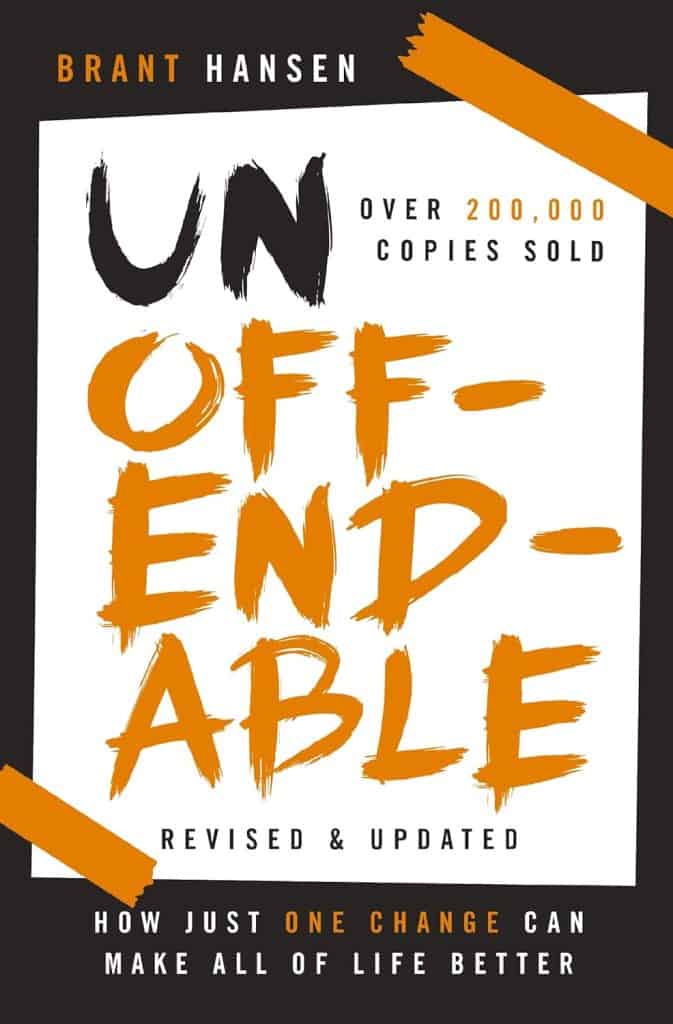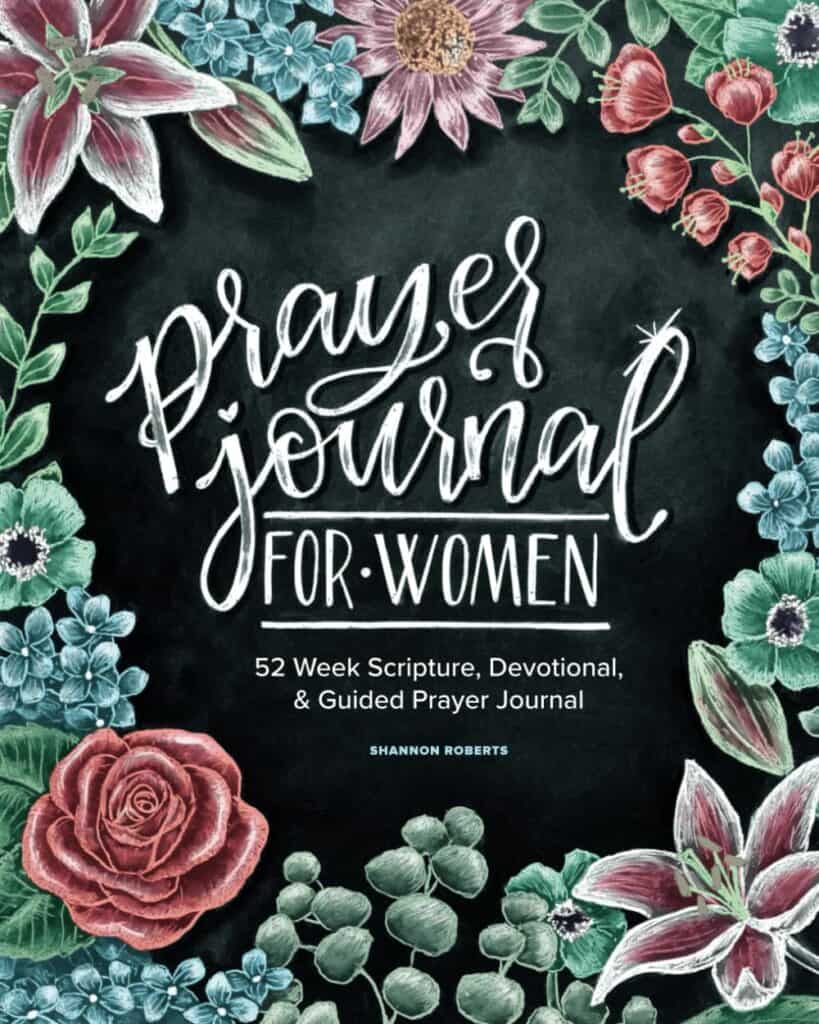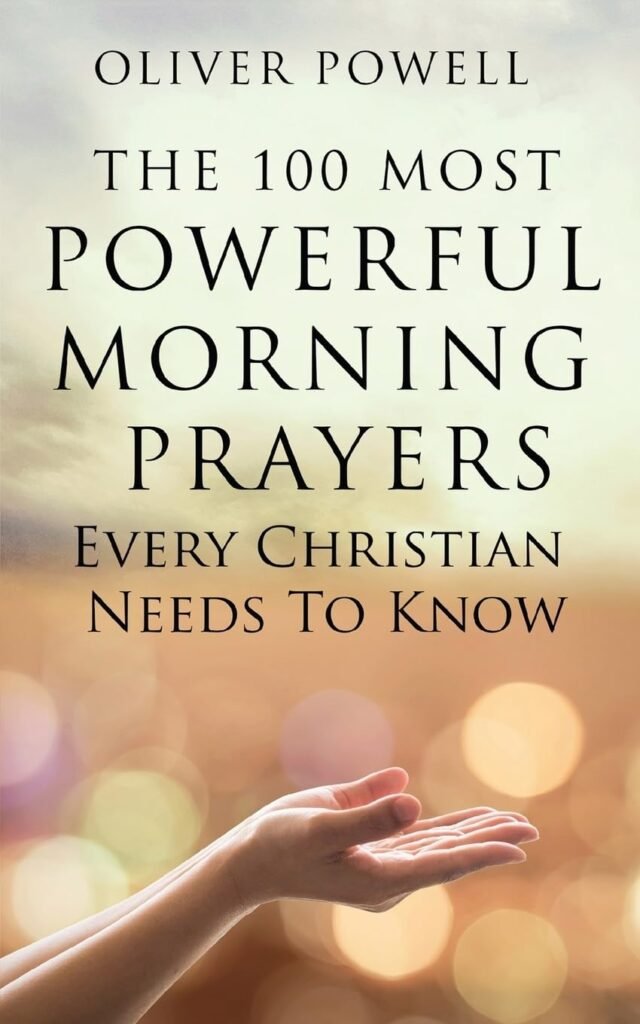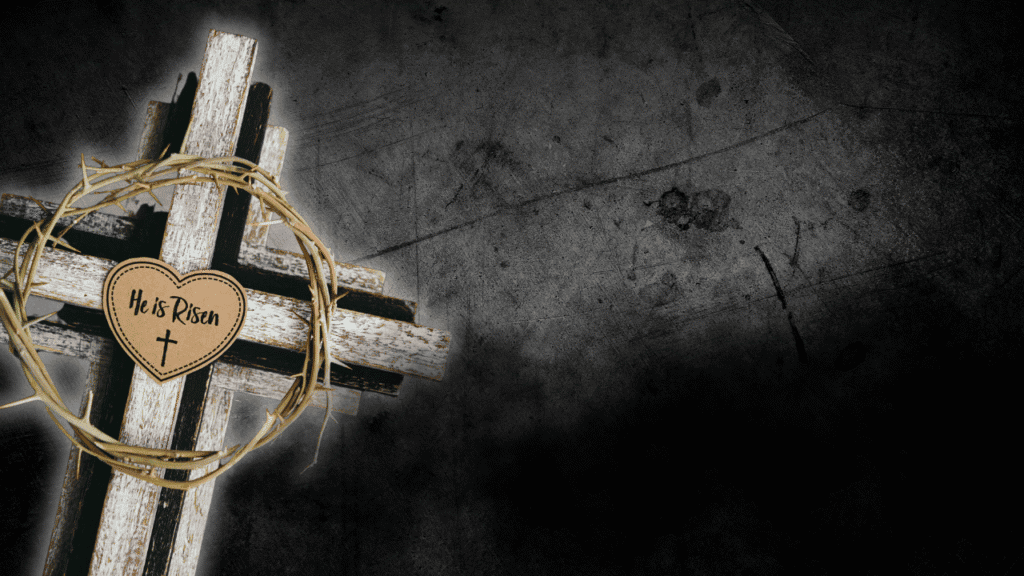I first heard of Exodus 90 a few years ago when a deacon at a nearby church did the program. I heard of him like I imagine people in Nazareth first heard of John the Baptist—someone to be admired more than imitated.
The first time I was invited to join, I declined. Frankly, I didn’t think I could do it.
What Is Exodus 90?
Exodus 90 is a 90-day exercise for men that focuses on prayer, asceticism (self-discipline), and fraternity (mutual friendship and support). It was developed specifically for Catholics, but its principles can apply to anyone looking for a more rigorous spiritual practice. The program starts 50 days before Lent and ends on Easter. In many ways, Exodus 90 is like “Lent-and-a-half.”
Read also: How Can Exodus 90 Book Renew Your Faith
The program incorporates fasting and involves “vigorous activity,” which can mean anything from a brisk walk to an intense gym workout, as long as it’s mindful and prayerful. Men are encouraged to go to confession, attend extra church services, and find at least 20 minutes a day for silent prayer. There are also ascetic practices like avoiding television and taking short, cold showers.
- Morris, Robert (Author)
- English (Publication Language)
Weekly meetings are held to check in with other group members, and daily readings from Exodus are followed by discussion and prayer.
Faith through Other People
Even though I didn’t participate the first year it was offered, I heard about it constantly. It seemed like the men who participated couldn’t contain what the program was giving them. No one looked down on me or judged my decision not to participate. Even the men who did sign on were intimidated by it.
I eventually agreed to try “Day 91,” an additional program that kicks in after Easter. It encourages similar practices but is slightly less intense.
At the meetings, I heard men share their successes with fasting, activity, and prayer. They also shared their struggles with self-discipline and how they felt when their prayer life wasn’t everything they hoped. They talked about needing extra strength and how they picked themselves up when they stumbled.
I had always seen my faith as something that doesn’t require other people, but I came to understand that fraternity wasn’t about other people telling me how to live my faith. Rather, it was about other people telling me how they lived their faith so I could grow in my own.
The next time I was invited to join, I accepted.
What Exodus 90 Looked Like for Me
The readings, rules, and prayers for Exodus 90 are collected into a book. There is also a group email chain and an app that lets you track goals and network with others in the program.
Our group of nine met every week for meetings at our church. There was often an hour of adoration (prayer before the Blessed Sacrament), led by the deacon who first brought Exodus 90 to our parish. I was also paired with him as my “anchor”—someone who checks in more regularly and on a deeper level; usually, we connected via text.
Sometimes we talked about our thoughts on prayer or how we were handling the ascetic practices. If we didn’t have anything inspirational on our minds, there were always mass or Exodus readings to talk about.
Looking toward Day 91
This year’s Exodus 90 ended with Easter, and my group has begun planning Day 91. One group member has already emailed to say that he feels awkward returning to “life after Exodus.” With the daily readings, 20 minutes of silent prayer, and physical activity, and most men end up building a pretty strong daily routine. To have the program suddenly end can be disorienting.
Late in Exodus, I picked up a Liturgy of the Hours book of daily prayers and readings to help maintain structure in my prayer life. It’s nice not to feel like I have to fast and exercise, but I plan on continuing all the same. Asceticism and prayer go hand-in-hand for me as the feelings of my body have become reminders of my soul.
Are You Wandering in the Desert?
While part of me is already looking forward to Exodus 90 next year, there is plenty of time to reflect on the impact these three months of prayer, asceticism, and fraternity have had on my faith and my life.
Lent is modeled after Christ’s fasting in the desert, but all suffering can bring us closer to the suffering of Christ if we experience it with prayerful attention. Pope Francis has said that when we fast, we should remember those who have no food, and when we choose asceticism, we should remember those who do not have the option to choose comfort.
Exodus 90 taught me that by living with less luxury, I can live a life of greater love.











![[Book Review] What Happens One Minute After You Die?](https://christpulse.com/wp-content/uploads/2025/01/81sNS-qeKPL._SL1500_-662x1024.jpg)
![Humility: The Journey Toward Holiness [Book Review]](https://christpulse.com/wp-content/uploads/2024/11/519yzs2wSrL._SL1360_-731x1024.jpg)








Leave a Comment